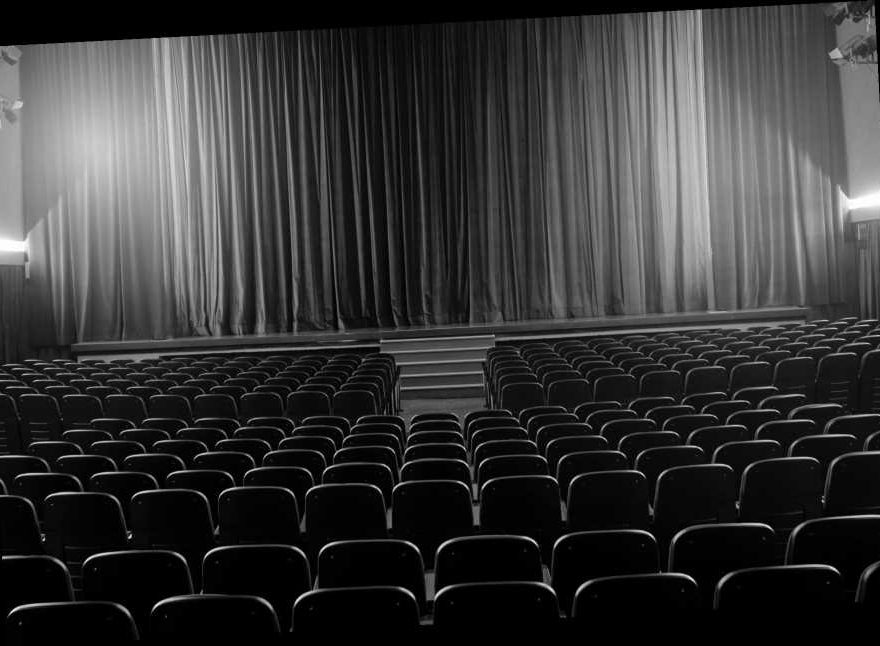We are witnessing, as the World Economic Forum proposes, the “great reset.” Our society is changing with every collective breath we take. The pandemic has given the phrase “this changes everything” a whole new meaning. Whatever your life was before is now different — work, school, shopping, banking, dating, worship — everything.
Recently, Politico examined the current zeitgeist and found that “for many Americans right now, the scale of the coronavirus crisis calls to mind 9/11 or the 2008 financial crisis — events that reshaped society in lasting ways, from how we travel and buy homes, to the level of security and surveillance we’re accustomed to, and even to the language we use.”
I operate a billboard company, Billboardology.com, as well as a sister company, Polk Properties, which sells investment properties. I’ve seen how this pandemic has impacted the venue-based sector, and subsequently our culture. Cultural art preservation and discovery have changed. For leaders in this space, how does this shift affect us? What can we do? The things we held to be normal are, in effect, gone with the wind. How do we adapt and shape the future of our culture?
We’re seeing now how these cultural spaces are shifting and evolving in the current climate. For example, several of our clients have concentrations of property in the Hollywood area and downtown Los Angeles. They purchased some properties, such as an art deco theater, for their aesthetics and cultural draw. We’re seeing venue owners and operators facing different challenges — it’s a multiplay situation. Bankable tenants are needed in order to make any true preservation and profit possible from a cultural venue. Much preservation activity has declined amid shifting pandemic-related priorities, so where does private preservation come into play?
The income produced or even projected for any type of venue is impossible without a surety of safety. I’ve witnessed discussions between venue owners and their lenders. I believe it’s time for pragmatism and activism if the vestiges of our culture are to survive.
The Rolling Stone Culture Council is an invitation-only community for Influencers, Innovators and Creatives. Do I qualify?
I touched on art deco architecture and venue ownership — it’s essential that each side advocate for the continued usage of such properties. The health and safety aspects spurred by the pandemic will continue to be top concerns, and we need to acknowledge that. It will take time, lobbying and collaboration with different levels of government for clarity as to occupancy and liability issues. No one is certain what those standards will be yet.
But what you can do in the meantime is get involved as a leader, as an artist, because you have expertise in this space — you know what works and doesn’t work. We need to have conversations about the future, while also adapting and taking into account restrictions. We have the opportunity to shape how we move forward. So, the question now is: In what ways do we want to change?
I believe that we, as leaders, will be among those who can bridge the real world and the digital future all the while building on each with respect. Brands have been forced to adapt. Leaders now need to apply a dose of emotional intelligence in our culture. If inclusiveness is to benefit, we must make sure no one gets permanently socially distanced.
Leaders old and new, the time has come to work.
At an inflection point such as “world urgency,” all manners of plans and retools appear out of nowhere. I mentioned earlier that the key to any long-lasting cultural change is to respect the pieces of the past that matter. This means outreach and conversation with all the consistent players and nonplayers. While we are at it, let us not forget the embodiment of any culture: the audience. They matter too.
Ask them what they want, and get the audience enlisted as ambassadors to lobby on behalf of the arts culture. Let’s not forget restaurants. They are the embodiment of food, wine and arts culture all in one place. We can’t Zoom that type of experience, nor should we for any length beyond the safety issue. If we do the cultural reset with the care required, we could end up with many “acres of diamonds.”
Are we going to wait and not take advantage of such change opportunities? We need to be mindful of the many concepts that will need our compliance to live. “We Are The World” certainly has an urgency now. If you wanted to change the world, step right up — it’s all on the line right here.
Source: Read Full Article
